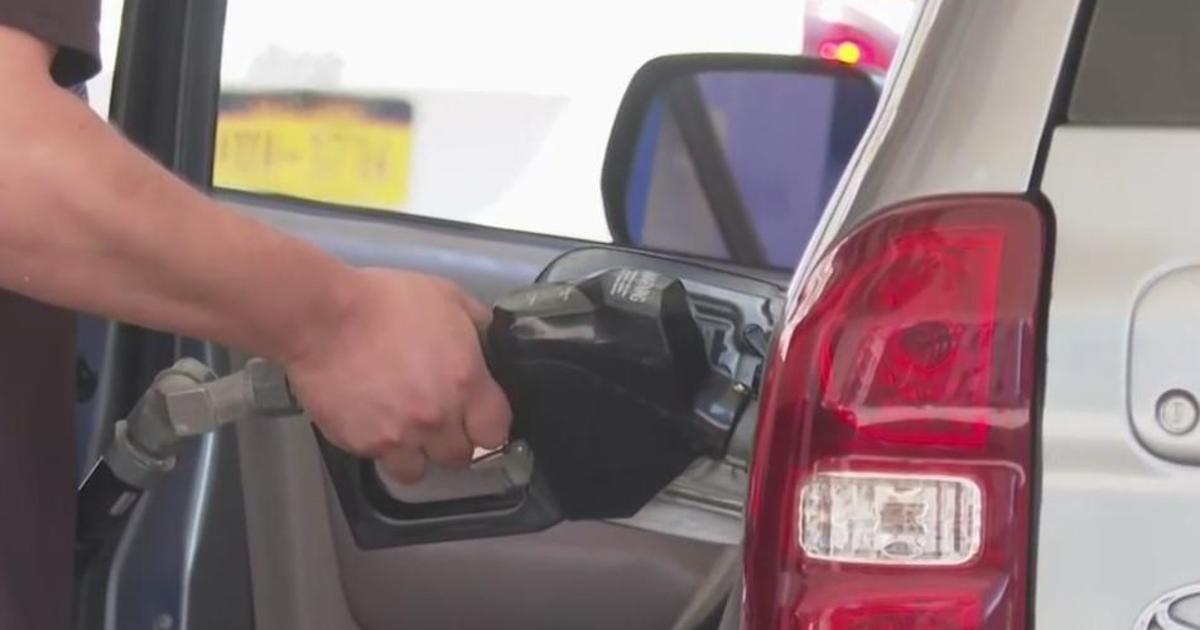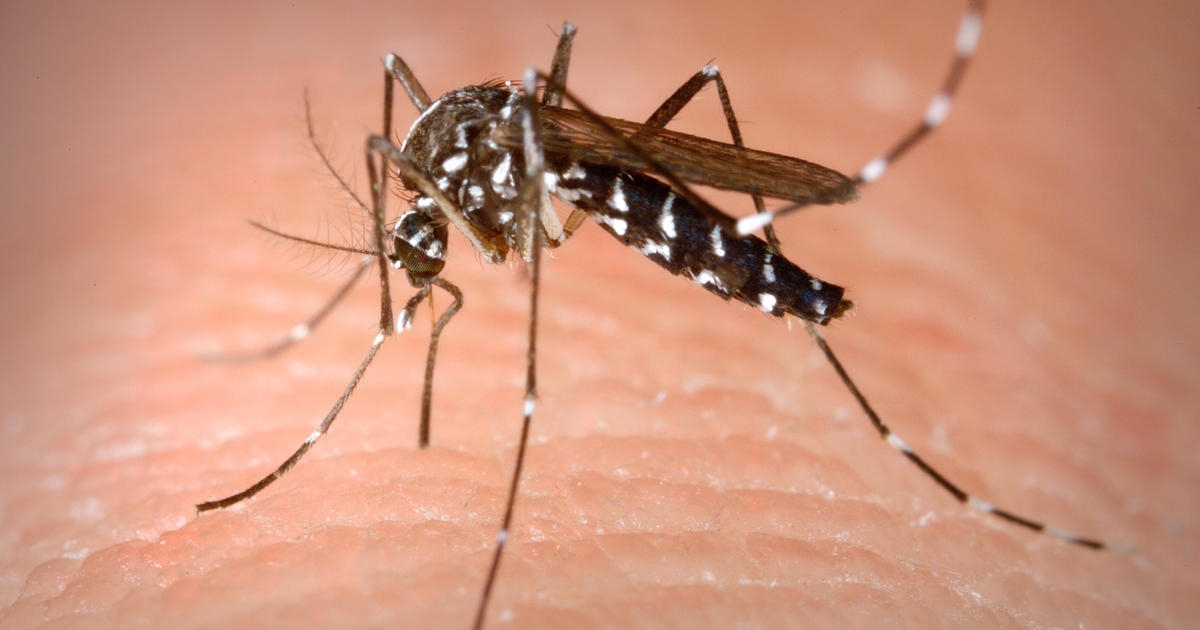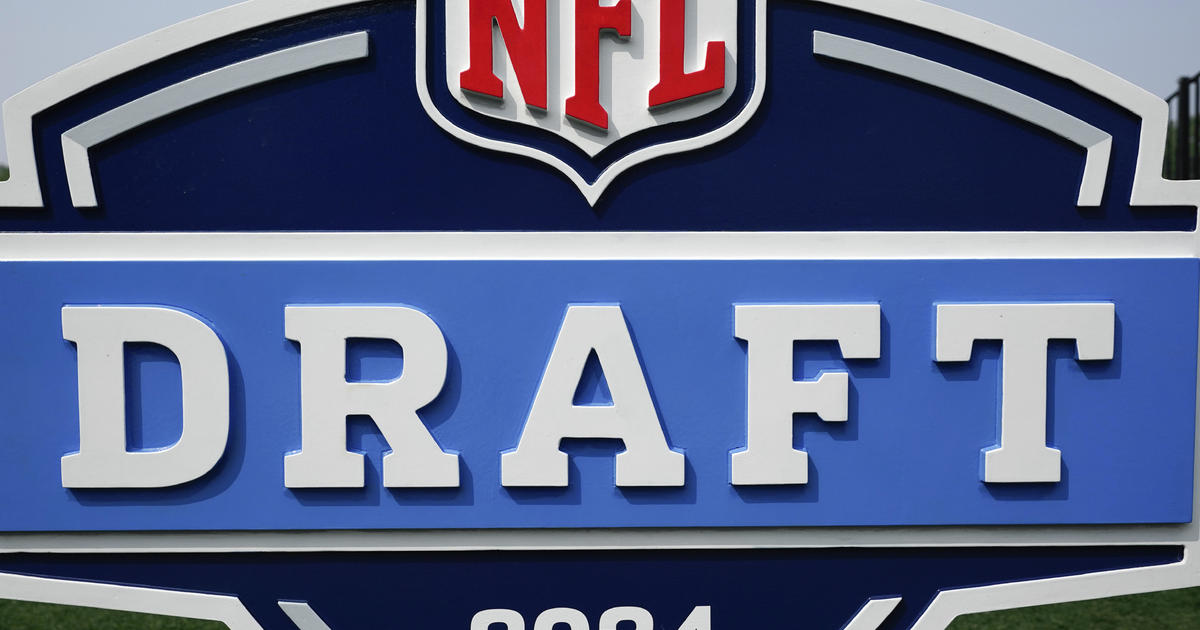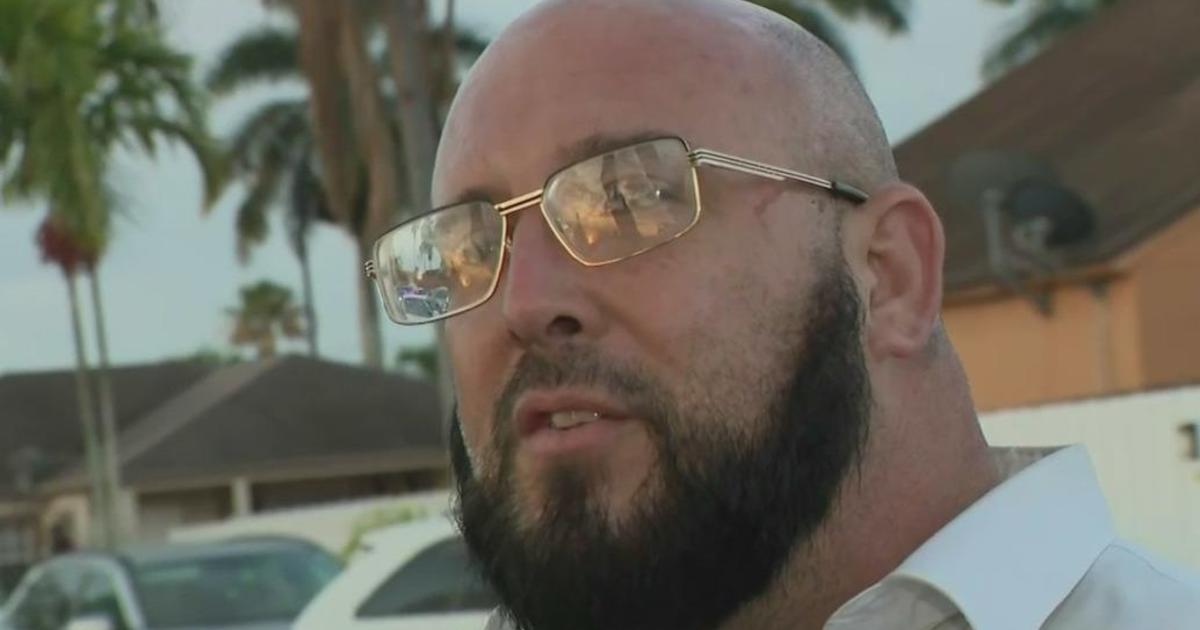Everglades Ranger Bitten By Rattlesnake Speaks About Ordeal
SOUTHWEST MIAMI-DADE (CBSMiami) -- Thanks to a rescue chopper and 28 vials of anti-venom pumped into his body, Everglades National Park ranger Anthony Terry is alive today.
His temporarily disfigured index finger is tough to look at. A giant blister encases it to protect the fragile tissue underneath after a poisonous Eastern Diamondback rattlesnake bit him last weekend. He was called to remove the five and a half foot snake from the park's housing area for staff when it bit him by the fingertip.
"I was putting the snake in the bag, I was holding the bag with this finger and as I was dropping him in the bag when he caught ah old of my finger right here," Terry explained to CBS4's Natalia Zea.
Terry held it together at first and radioed the Miami-Dade Fire Venom Response Team for help. He was even lucid enough to tell them what kind of snake bit him. But then the pain overtook him.
"It felt like a hammer that had been heated up and every time my heart beat the hammer would hit my hand. It got harder and harder and I started hallucinating," recalled Terry.
Miami-Dade Fire's Air Rescue helicopter with the department's Venom Response team on board flew to him in the Everglades in under 15 minutes and then took him to Homestead Hospital. There were tense moments for the medics like Lt. Enrique Gonzalez.
"You could tell the pain was starting to get a hold of him because he was sweating more and more even though we had the AC vents blowing on him," he said.
Within an hour of that excruciating bite, the team began to give him the anti-venom. Terry, who is a father of two and grandfather of eight, was convinced he wasn't going to make it.
"I thought it was all over with. It was pretty bad. I want to be honest I thought I was going to die in the hospital there."
With good reason. The venom response experts said the type of snake that bit Terry is the most dangerous in North America.
"If something's going to kill you in Everglades National Park it's likely to be an Eastern Diamondback," explained Venom Response team Lt. Lisa Wood.
But thanks to the very quick response, Terry was able to thank his rescuers in person and is expected to recover full use of his hand.
"The resources there so quick is the reason I'm here talking to you. If they weren't there so fast, I wouldn't be here today."



